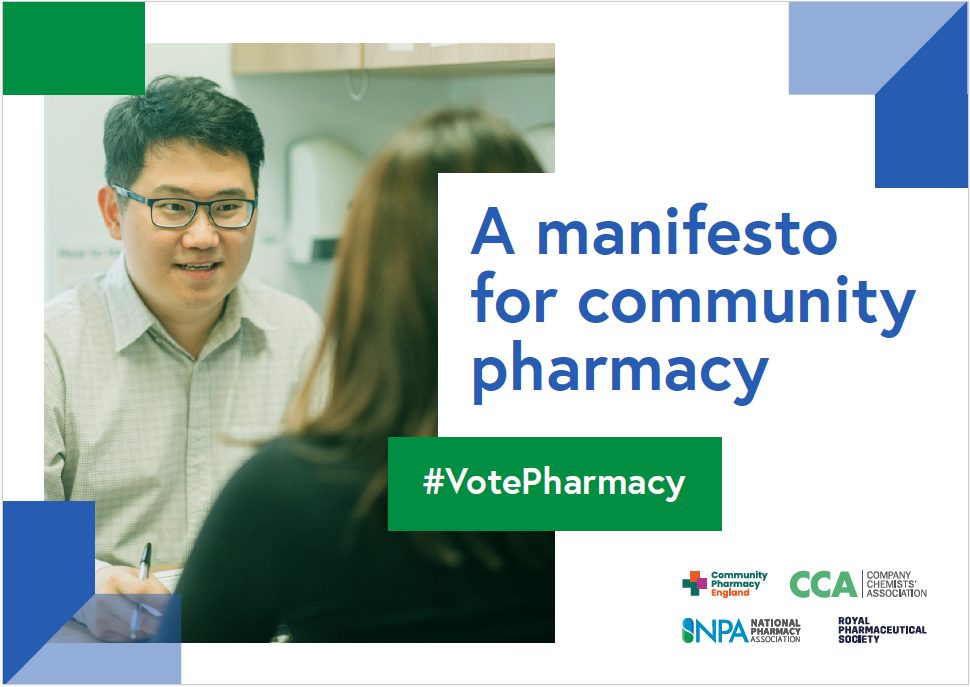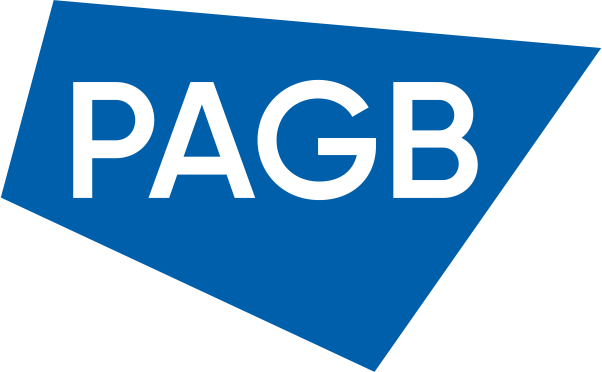Patient Group Directions
Published on: 19th July 2013 | Updated on: 15th March 2022
Examples of this service that have been commissioned locally are available on the Community Pharmacy England online services database.
Tools and publications which may be useful to support the commissioning of this service can be found on the Service development tools and publications hub.
Click on a heading below for more information.
Patient Group Direction template service specification (Microsoft Word)
Patient Group Direction template service specification (PDF)
Above is a nationally negotiated template service specification (developed and agreed by Community Pharmacy England, the Department of Health and Social Care and NHS Employers) and associated resources on the service. LPCs and contractors are able to negotiate to provide services in accordance with this specification where a local need for the service is determined. Alternatively LPCs, contractors or the service commissioner are free to develop their own local services in response to identified needs.
Patient Group Directions (PGDs) provide a legal framework that allows some medicines to be supplied and/or administered by named, authorised, registered health professionals, to a pre-defined group of patients needing preventative treatment or treatment for a condition without the need for a prescription. PGDs may be appropriate when medicine use follows a predictable pattern, such as for patients attending for contraception, or where patients seek unscheduled care, such as for a minor ailment in a community pharmacy or walk-in centre.
Community Pharmacy England Services Case Studies Hub
Community Pharmacy England Think Pharmacy prospectus: Minor ailment service via PGD (June 2019)
Community Pharmacy England Briefing 004/13: Patient Group Directions (Jan 2013, updated Aug 2013)
Previously PGDs were mainly authorised by PCTs but this needed to change when the new NHS organisational structures were implemented in April 2013. This briefing summarises the process which needs to be followed locally when PGDs are transferred to a new organisation.
The Medicines and Healthcare products Regulatory Agency has published a PGD guide outlining who can supply or administer specific medicines to patients without a doctor under a PGD and which medicines can be administered.
The NHS Patient Group Directions (PGD) website provides, and signposts to, tools and resources which will help guide organisations and practitioners through the PGD legal framework and associated processes with PGDs.
NICE good practice guidance on Patient Group Directions (Aug 2013)
This guidance was developed to help individuals and organisations who are considering the need for, developing, authorising, using and/or updating PGDs to ensure they are appropriate, legal and that relevant governance arrangements are in place within commissioning and provider organisations. The guidance underlines that supplying and/or administering medicines under PGD should be reserved for situations where this offers an advantage for patient care without compromising patient safety and where there are clear governance arrangements and accountability.
Is extension of an expiry date of a PGD allowed without review and re-authorisation of the PGD?
Specialist Pharmacy Service provide advice on this matter on their website.












